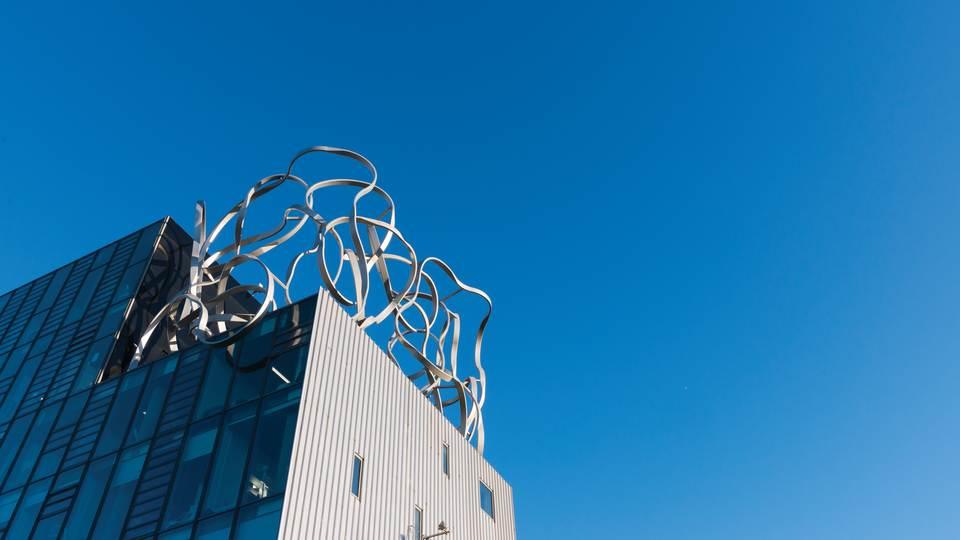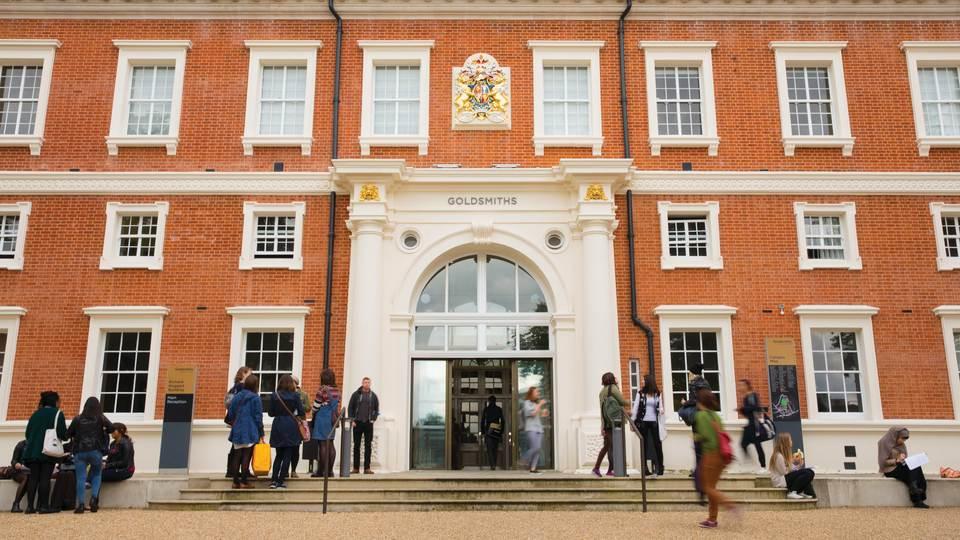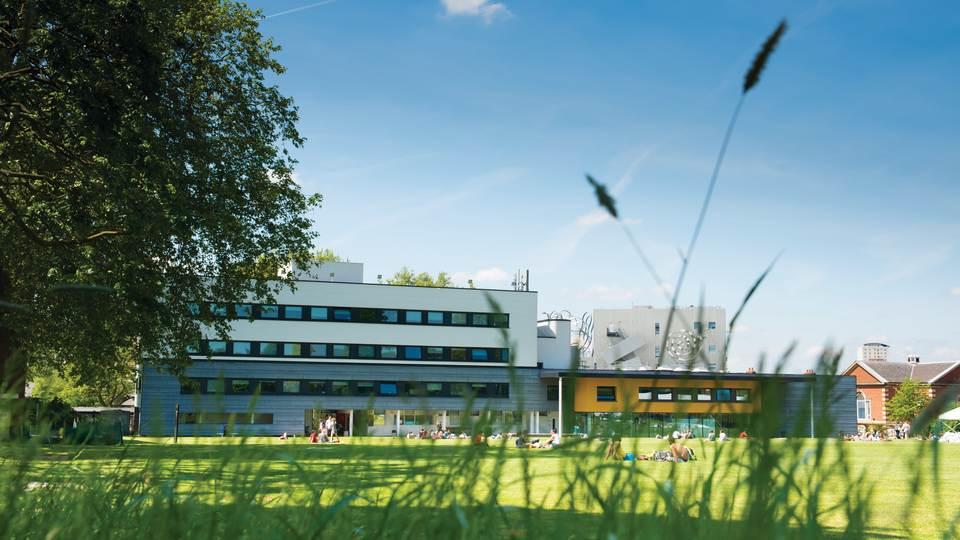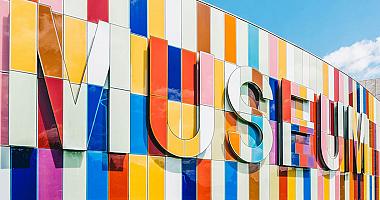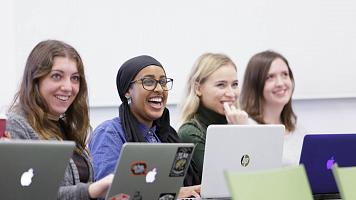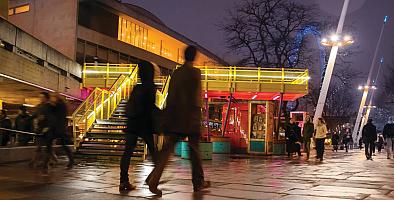Course information
Department
Length
1 year full-time or 2 years part-time
Scholarship information
Course overview
This programme responds to the increasing need in a globalised, interconnected world, for highly qualified translators with a command of computer-assisted translation tools and common software applications, who can navigate different genres of text and negotiate the language needs of diverse audiences and industries.
We welcome applications from students working with English and any other language. With its open language pair applications system, this linguistically and culturally diverse Translation Masters attracts applicants from across the world and our trainee translators are encouraged to pursue a wide range of language combinations. Language pairs we have supported include:
- English to Arabic
- English to Chinese
- Chinese to English
- English to Dutch
- English to French
- French to English
- English to German
- German to English
- English to Italian
- Italian to English
- Norwegian to English
- English to Polish
- English to Spanish
- Spanish to English
- English to Swedish
- English to Ukrainian
If you wish to work with a language that is not listed above, please note that applicants may indicate their preference for any language, translating either into or out of English.
Language-specific translation mentoring
The MA in Translation at Goldsmiths is one of the only programmes to assign students a professional translation mentor who will read your work and give dedicated feedback for you to implement as you progress throughout the programme.
Developed in line with professional translation industry standard, the Translation Mentoring Scheme creates a unique opportunity to put your translation studies into practice, with the support of a translation expert who can act as an adviser for all aspects of life as a professional translator, such as time management, managing your finances and understanding contracts, as well as support your practical translation skills.
A community of linguists
You will be part of a supportive community of linguists. We help you develop peer support groups where you can meet other students, develop your language skills, and help each other solve common language problems. Our strong links with the MAs in Sociocultural Linguistics and Multilingualism, Linguistics & Education enable you to supplement your translator training with an understanding of the functioning of languages, including discourse analysis and intercultural communication. Students interested in corpus linguistics for translation purposes will have access to training in corpus management and text analysis software.
Through the Goldsmiths Learn a Language scheme, you will be able to develop foreign language skills, meet speakers of a range of different languages and share your own language skills with others.
Research and real-world practice
At the end of the MA, you will have the opportunity to produce an extended practical translation relevant to your career goals, as part of your independent capstone project, and you will not be asked to complete a viva voce examination. Past students have used this as an opportunity to localise a videogame, subtitle a video, or translate a chapter of a book for pitching to publishers.
Computer-aided translation software for the degree is provided by Phrase TMS. As part of your studies, you will also be provided with access to XTRF, a cloud-based end-to-end translation management system and the XTRF Academy, the always-on training and development resource.
Employability and professional links
We’ll help you build your employability skills and kickstart your continuous professional development through our key industry affiliations. The MA in Translation is a member of the Institute of Translators and Interpreters (ITI), the only UK-based independent professional membership association for practising translators, interpreters and language service businesses. The programme is also a member of the Globalization and Localization Association (GALA) and the Association of Programmes in Translation and Interpreting Studies of the UK and Ireland (APTIS).
All students are encouraged to apply for placement opportunities through the optional ‘Translation Work Experience’ module.
Next live chat with the Programme Coordinators
Meet virtually with the MA in Translation Programme Coordinator / Deputy Coordinator to find out more about the Translation Mentoring Scheme, what optional modules you can take, how the capstone project works, and what placement / translation work experience opportunities you can expect over the course of your studies. It’s also a great opportunity to discuss what language combinations you’d like to specialise in, as part of our open language pair applications system.
View dates of upcoming live chat sessions and book a meeting slot with Programme Coordinator Dr Sarah Maitland and with Deputy Programme Coordinator Dr Arianna Autieri.
Claudine Picardet Prize
From September 2023, we're launching the inaugural Claudine Picardet Prize. Born in France in 1735, Claudine Picardet was a scientist and prolific translator of scientific texts from Swedish, English, German and Italian into French. The prize will be offered to the student producing the highest-scoring capstone project at the end of their MA in Translation.
Contact the department
If you have specific questions about the degree, contact Dr Sarah Maitland or Dr Arianna Autieri.
